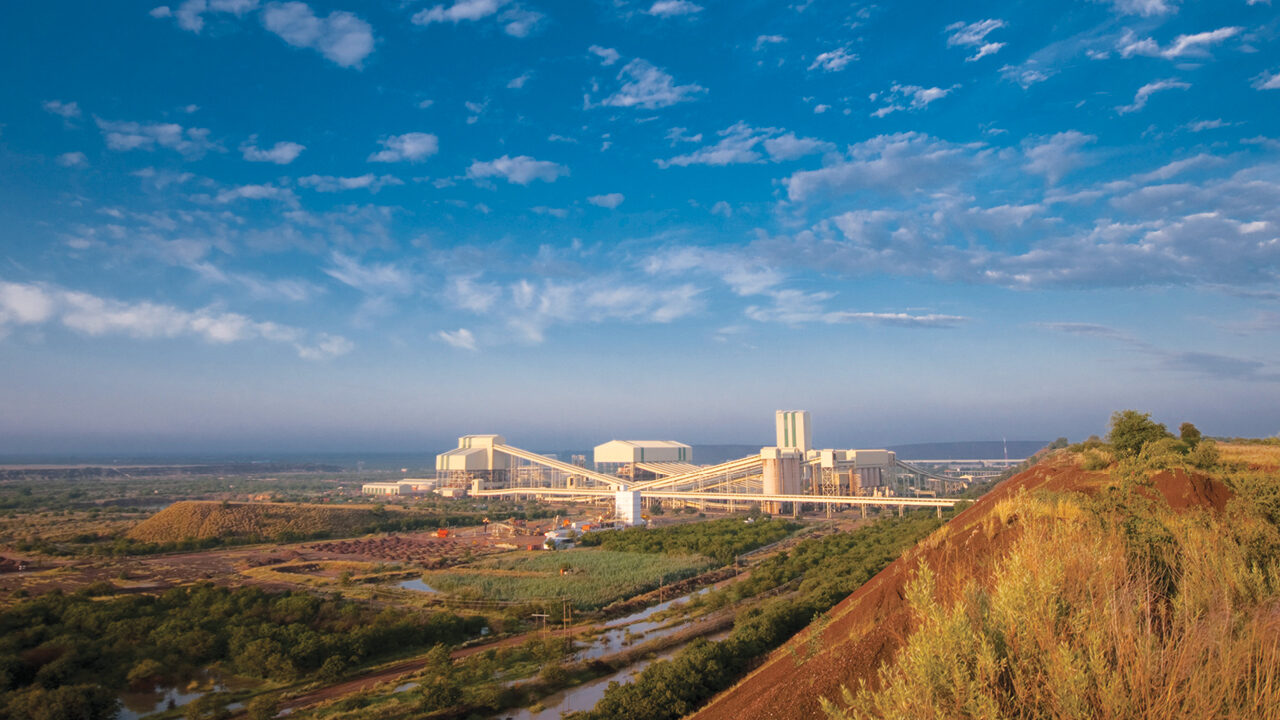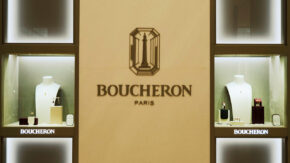Diamonds have kept this country’s fires burning for the past 50 years, and they’ll continue to affect its future.
The discovery of diamonds in the late 1960s was without a doubt Botswana’s most significant development. Through diamonds, the country has managed to move from a GDP per-capita of $70 to an impressive $17,918 in the 51 years since it gained independence. The economy has expanded by an average of 5% per year in that time — a trend that has been attributed to prudent financial management and forward-looking leaders.
Leading the way
“Botswana was fortunate to have had great leaders since diamonds were discovered,” says Charles Siwawa, CEO of the Botswana Chamber of Mines organization. Those leaders have been able to invest the country’s diamond revenues in growing the economy, lifting other sectors in the process.
Debswana, the mining company the government owns jointly with De Beers, has sent hundreds of citizens abroad for engineering and technical courses.
“Remember, when diamonds were discovered, we did not have engineers and technicians to run the mines. This initiative has helped a lot,” says Siwawa, whose group is a voice for mining companies in Botswana.
Debswana owns four diamond mines and employs over 11,000 people, making it the country’s largest private-sector employer, according to its corporate affairs manager, Matshidiso Kamona.
Building up the community
The company has also played a meaningful role in Botswana’s social landscape. It owns two hospitals and, along with De Beers, has established the Diamond Trust, which funds eco-tourism projects. Additionally, more than 10 years ago, the government set up the Diamond Hub, which coordinates economic activity in the sector. The cutting and polishing industry has created thousands of jobs as well, with 17 companies actively manufacturing diamonds in the country.
“These companies also source diamonds from other producers to come and manufacture them here,” says Susan Matlolela, the Diamond Hub’s deputy coordinator.
In 2013, De Beers transferred its London-based rough-diamond sales activity to Botswana, creating new jobs and boosting sectors such as trade, hotels, security and property. The estimated value of the diamonds sorted, sold and marketed in Botswana is approximately $7.56 billion (BWP 80 billion) annually.
Still, the industry is facing fresh challenges that will likely impact state revenue.
The way Botswana can continue to benefit from diamonds, says Kamona, is through diversification of the economy and within the sector itself.
Main image: Orapa mine in Botswana. (De Beers)




